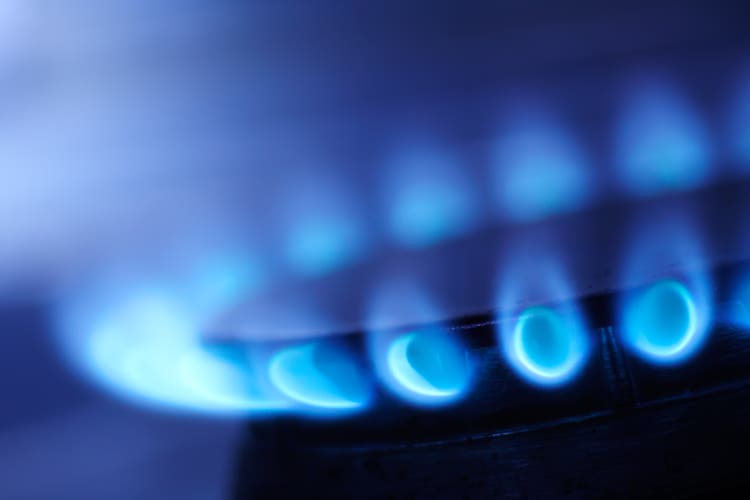straga/iStock via Getty Images
The European Union adopted a new package of sanctions on Russia over the war in Ukraine on Monday, which for the first time includes measures seeking to limit Russia’s ability to ship liquefied natural gas throughout the world.
The measures will ban Russian LNG from being shipped into European Union ports for the purpose of reshipping to third countries, including both ship-to-ship transfers and ship-to-shore transfers.
The EU action will prohibit new investments and the provisions of goods, technology and services toward the completion of Russian LNG projects under construction, such as Arctic LNG 2 and Murmansk LNG.
The package also includes new sanctions on entities that comprise the “dark fleet” of ships used to avoid the price cap on Russian oil set by Group of Seven nations.
The transshipment ban likely means that Russian players will need to resort to longer shipping routes, Kepler analysts said recently.
Russia is the second-largest supplier of LNG to the EU after the U.S.; YTD, the EU has received 43.1M metric tons of LNG, with 21% coming from Russia and 44% from the U.S.
In the U.S., natural gas futures rose for the first time in three sessions, with the front-month Nymex July contract (NG1:COM) closing +3.9% to $2.811/MMBtu.
ETFs: (NYSEARCA:UNG), (BOIL), (KOLD), (UNL), (FCG)
After discounting the return of some curtailed production, “the market appears to be shifting focus back to the demand side where broad-based hot temperature trends are now being extended into the second week of July,” Ritterbusch analysts said, attributing the bullish take largely to the steady reduction in storage surplus.
“We expect the surplus to narrow to around 410-425 Bcf by the end of next month,” Ritterbusch said, according to Dow Jones. “While this would still represent a sizable supply cushion, an expected active hurricane season may require additional discounting.
#sanctions #target #Russian #LNG #shipments #time #NYSEARCAUNG





